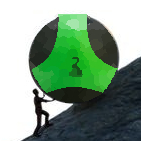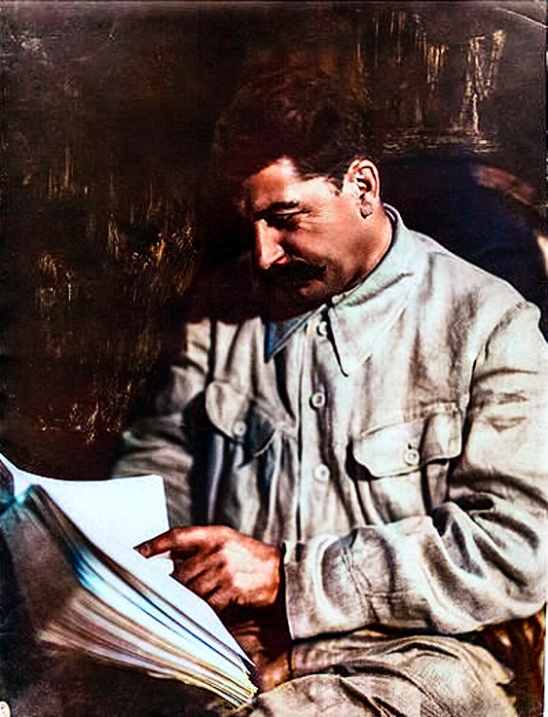

I thought affordable torment was at least ~10 years away. This is indeed great news
Using the methods available to us as little as a few years ago, you’d be right. Fortunately, thanks in part to tireless researchers at the Torment Studies Department of Stanford University, whose researchers are working with what some worrywarts might describe as “worryingly large” sums of public funding, we’ve developed several shortcuts in our torment delivery framework. Fears that the speed of our development is the result of dealmaking with dark forces with subtle motives beyond our ken are, of course, false - it’s purely the result of some creative thinking coupled with a hard-nosed dedication to the scientific method. For example, experiments show that torment can be delivered via supersensory means, inducing feelings of dread, anxiety, and exhaustion without the user even aware that they’re being tormented! Abilities previously thought to be unique to haunts and spirits confined to the non-physical planes can now be harnessed with a little boring engineering. For other concerns, we’ll refer you to our Huey “Expandable” Mandibles, who was just promoted from our finance office to the role of Chief Ethics Officer.











We appreciate your enthusiasm! It’s support from our many potential customers that motivates us to work hard every day to deliver as much unnecessary unendurable punishment as technology permits straight to your cerebrum.